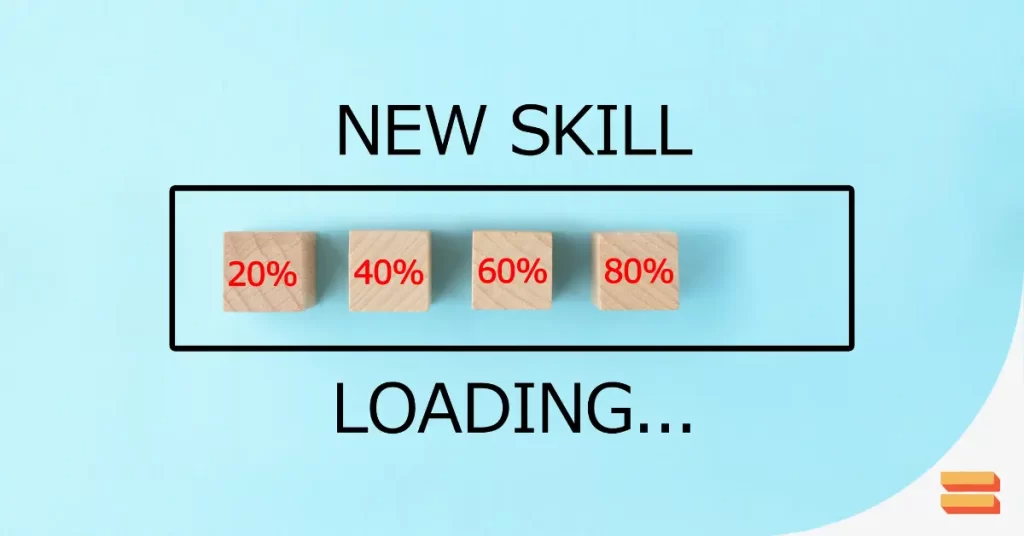Skill Mastery: A Guide to Mastering the Art of Skill Acquisition
In a world driven by constant change and innovation, the ability to acquire new skills efficiently has become an invaluable asset. Whether you’re looking to advance in your career, pursue a new hobby, or simply expand your knowledge, mastering the art of skill acquisition is a crucial skill in itself. In this blog, we will explore the key principles and strategies that can help you become a more effective learner and achieve mastery in any field.

- Embrace the Growth Mindset
Before delving into the specifics of skill acquisition, it’s essential to cultivate the right mindset. Carol Dweck’s concept of the “growth mindset” emphasizes the belief that abilities and intelligence can be developed with effort and persistence. Embracing this mindset is the foundation of successful skill acquisition. When you view challenges as opportunities to learn and improve, you are more likely to persevere through difficulties and reach your goals.
- Define Your Goals
Clarity in goal-setting is paramount when embarking on a skill acquisition journey. Determine what you want to achieve and be as specific as possible. Whether it’s learning a new language, mastering a musical instrument, or acquiring technical skills for your job, setting clear, measurable objectives will keep you focused and motivated.
- Break It Down into Smaller Steps
Once you’ve established your goals, break them down into smaller, manageable steps. The process of skill acquisition can be overwhelming when viewed as a whole. By dividing it into smaller, more achievable tasks, you’ll create a roadmap that guides your progress and prevents you from feeling overwhelmed.
- Deliberate Practice
Anders Ericsson’s concept of deliberate practice is crucial in the journey toward mastery. Deliberate practice involves a highly focused, repetitive approach to learning, aimed at improving specific aspects of a skill. It’s not just about putting in the hours; it’s about identifying weaknesses, seeking feedback, and pushing your boundaries. This approach helps you refine your skills more rapidly than passive learning.
- Seek Feedback and Learn from Mistakes
Constructive feedback is a powerful tool for skill acquisition. Don’t shy away from criticism; instead, actively seek it out. Constructive feedback can provide insights into areas where you need improvement, allowing you to adjust your approach and make progress. Similarly, don’t be afraid to make mistakes. Mistakes are valuable learning opportunities that can lead to growth and mastery.
- Be Consistent and Patient
Consistency and patience are often underestimated but are critical for skill acquisition. Progress may not always be linear, and there may be plateaus or setbacks along the way. Stay committed to your practice, even when the going gets tough, and remember that mastery takes time. It’s the persistence through challenges that ultimately leads to success.
- Utilize Effective Learning Strategies
Explore various learning strategies to discover what works best for you. Some people excel with visual aids, while others prefer hands-on experience. Experiment with different techniques, such as spaced repetition, active recall, or mnemonic devices, to find the most effective approach for your learning style.
Also Read: How to Learn New Skills Without Spending a Dime
- Emulate and Learn from Experts
Studying and emulating experts in your chosen field can provide invaluable insights and inspiration. Read books, watch documentaries, attend workshops, or seek mentorship from individuals who have already mastered the skill you’re pursuing. Their experiences and knowledge can accelerate your own learning journey.
Conclusion
Mastering the art of skill acquisition is a lifelong endeavor. Whether you’re learning a new language, honing your professional skills, or pursuing a passion project, the principles outlined in this blog can serve as a roadmap for your journey to mastery. Embrace the growth mindset, set clear goals, practice deliberately, seek feedback, and remain patient and persistent. With dedication and the right mindset, you can acquire new skills and achieve mastery in any area of your choosing. Remember that the process of learning itself is a skill that can be developed and refined, and it is one of the most valuable skills you can possess in today’s fast-paced world.

